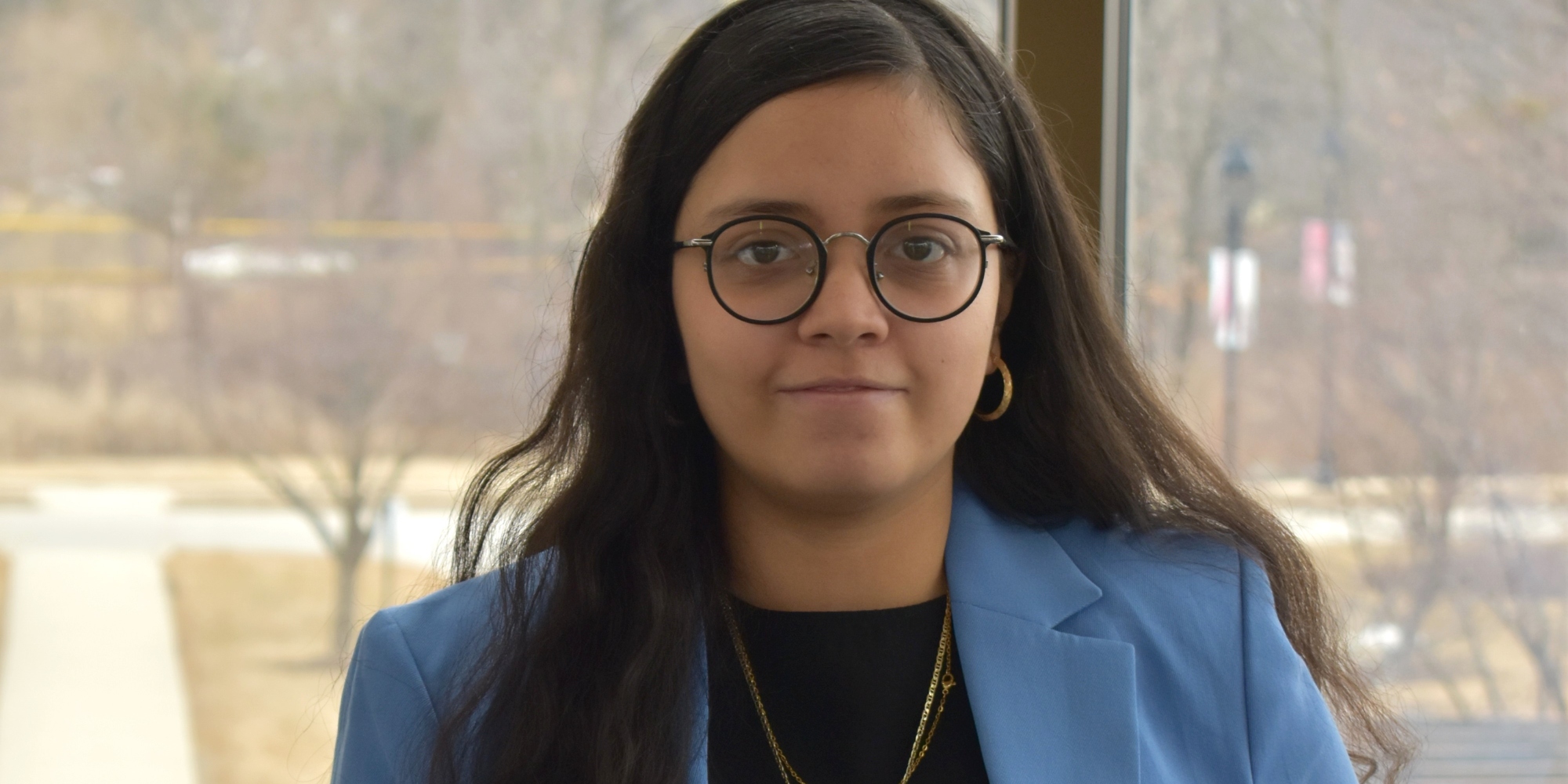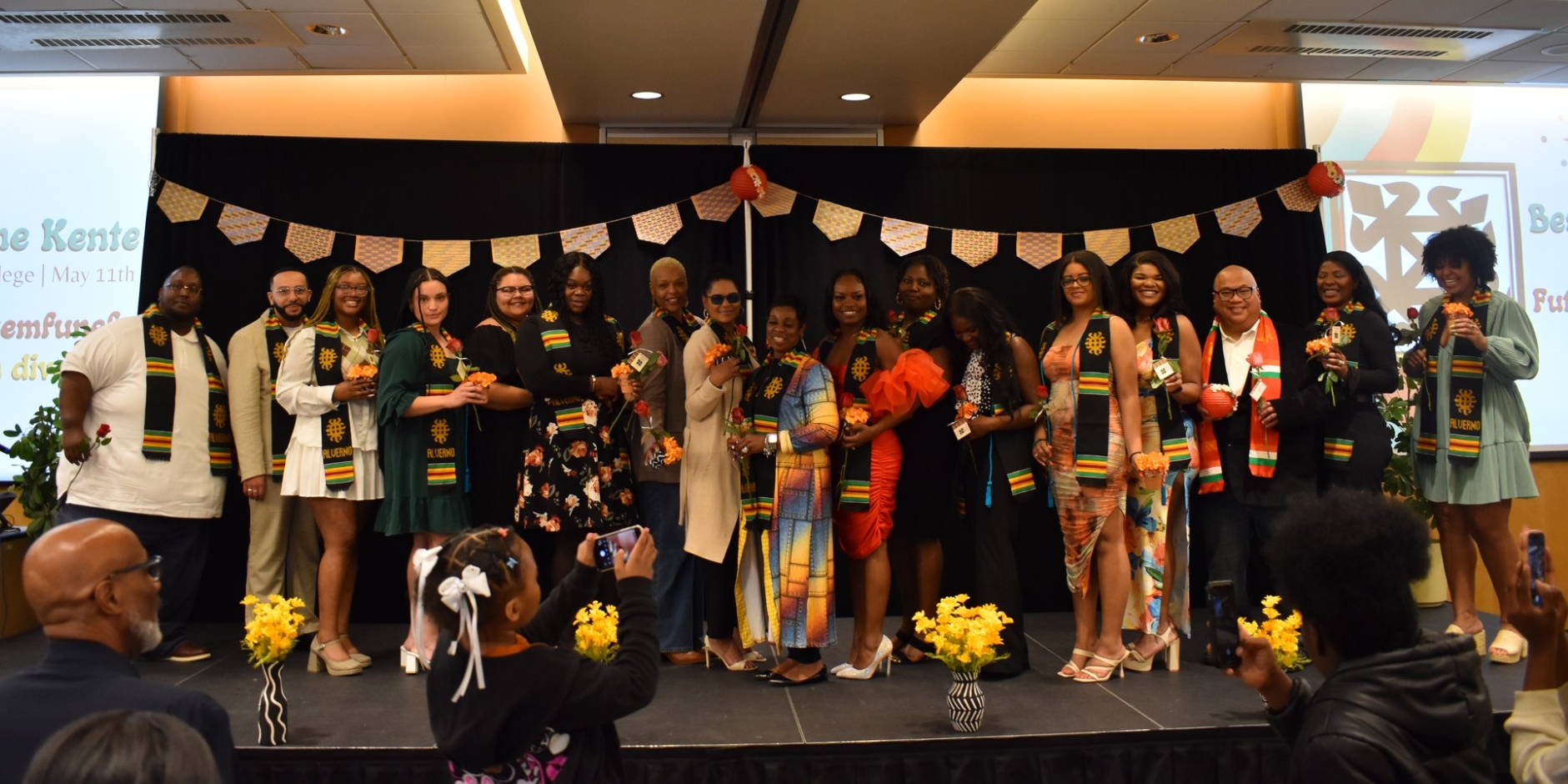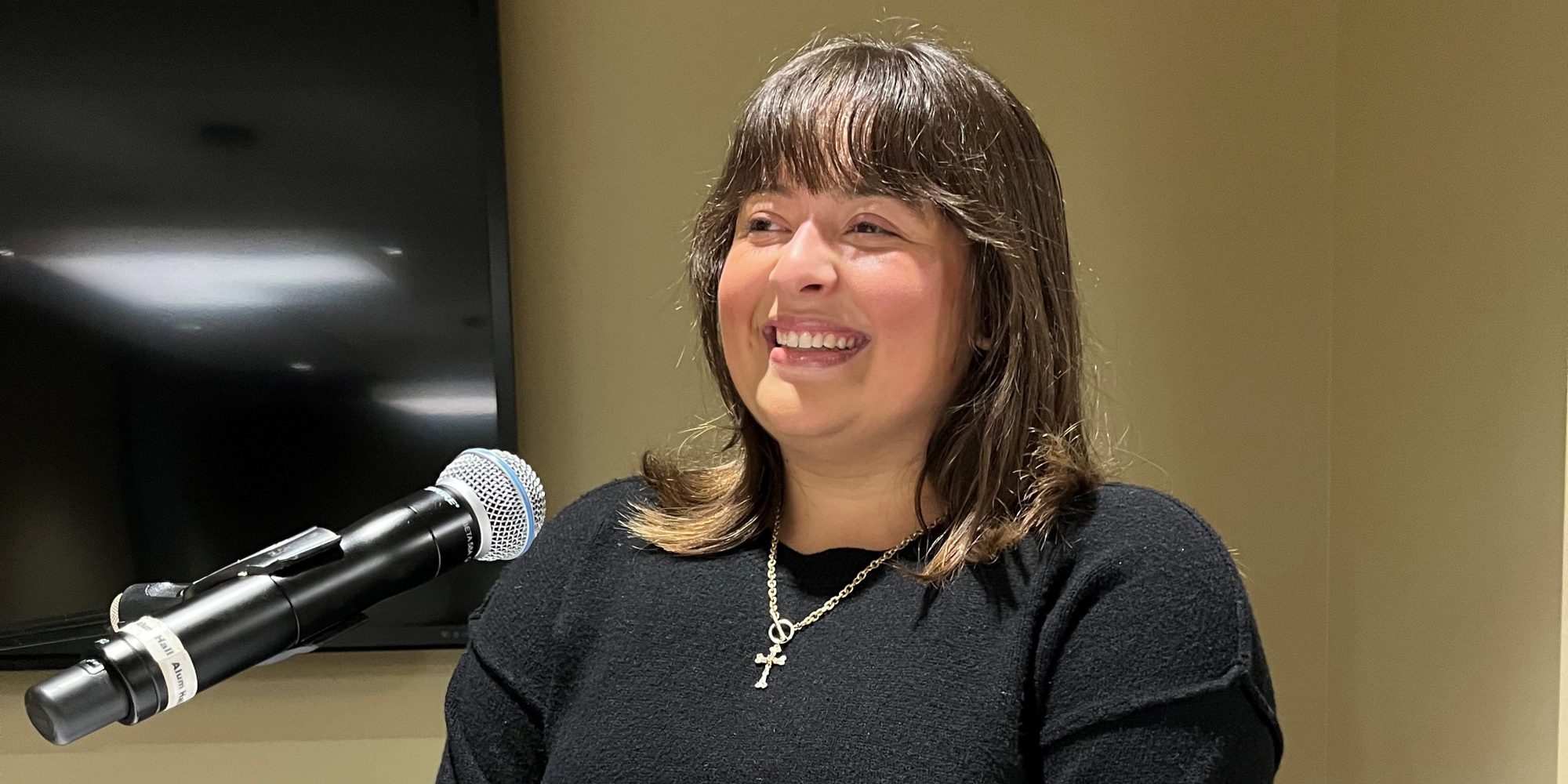Alverno Strong alums who have made a sustainability in their professional and personal lives share their tips for how you, too, can live more sustainably.
Erica Perez '10, Perez Urban Farm, Houston

“Start with a favorite plant that you love or smells good or brings on a memory. You don’t have to have a garden to start. You can do things in pots; you can do things on your windowsills. So start with one and go from there. That's what I did.”
Denise Renteria '20, Urban Ecology Center, Milwaukee

“First and foremost, I would suggest people learn what is happening around them. There’s Earth week trash pickup that you can involve yourself in. But it can be the simplest thing that you do that has a greater impact on yourself like for walks. Personally, going for walks has helped my body and mind and at the same time, it helps me appreciate nature.”
Jessy Servi Ortiz MBA '13, Wisconsin Sustainable Business Council, Milwaukee

“What is the low-hanging fruit? Do you create a lot of waste? Could you be more efficient with water or energy use? Become more aware of your systems, take inventory and start to measure your resource uses. Once you start tracking monthly data, you can see where your biggest use is, and that’s the area you want to pay attention to. It’s like building a muscle: Pick one area and start there. Build the success story, build the wins, and from there, you can grow from your foundation.”
Sheila Teruty '10, Slow Wave Vintage, Milwaukee

“Before you head to the store to buy something new, instead use your resources around you or at your fingertips. Try a thrift store, Facebook Marketplace, Craigslist, Buy Nothing Facebook groups, friends and family or use what you have.”
Ivy Thompson '95, Maryland-National Capital Park and Planning Commission

“Plant a tree in your yard. Or if they have tree-planting days in your community, participate in that. That’s simple and impacts multiple generations. If someone asks you to plant a tree, say yes!”
At Alverno, faculty and staff are teaming up to make campus a more attractive place for pollinators like Monarch butterflies. It's something that you can incorporate into your home garden or encourage others to do.
According to the World Wildlife Foundation, monarch butterflies’ survival is threatened by climate change, development, herbicides and pesticides, and diminishing milkweed. Planting more milkweed and other native plants, like butterfly weed and purple coneflower, is an action that we can all take to bolster the species.
“Replacing some of our lawns with these native species can provide Monarchs with the food and habitat needed for restoring and sustaining a healthy population,” says Jenny Johanson, director of Alverno's environmental science program.





